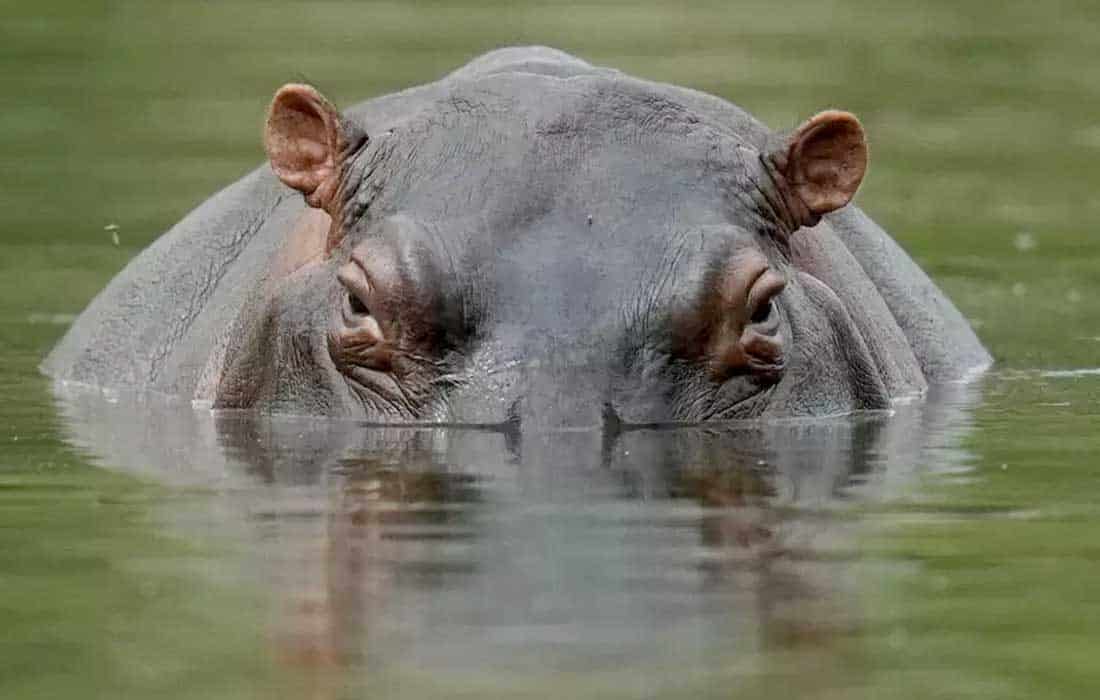KINSHASA: Around 50 hippos have died from anthrax in Africa’s oldest wildlife reserve, Virunga National Park, located in eastern Democratic Republic of Congo (DRC). Park officials confirmed that the carcasses were discovered floating in a river south of Lake Edward, near the border with Uganda.
The cause of death was identified as anthrax, a dangerous bacterial disease caused by Bacillus anthracis. This spore-forming bacterium can remain dormant in soil for decades and is known to infect wildlife that graze or drink contaminated water. It can also be transmitted to humans and domestic animals, especially in its inhaled form, where it becomes potentially fatal.
Park director Emmanuel de Merode confirmed the outbreak and said precautionary measures have been advised. The Congolese Institute for Nature Conservation (ICCN) has urged people in North Kivu to avoid eating bushmeat and to be cautious around sick or dead animals. They stressed that while anthrax primarily affects wildlife, it still presents a public health risk.
This isn’t the first time Virunga has seen such a deadly outbreak. Past anthrax incidents have killed hippos and other mammals in Virunga and other African parks. The risk intensifies during dry seasons or droughts when animals are forced to graze in concentrated areas.
Established in 1925, Virunga is famous for its mountain gorillas, scenic beauty, and diverse ecosystems. But it is also deeply affected by three decades of armed conflict, which complicates conservation and emergency response efforts.
The sudden death of so many hippos is a heavy blow to the park’s fragile ecosystem and a stark reminder of how disease and environmental stressors continue to threaten Africa’s wildlife.














